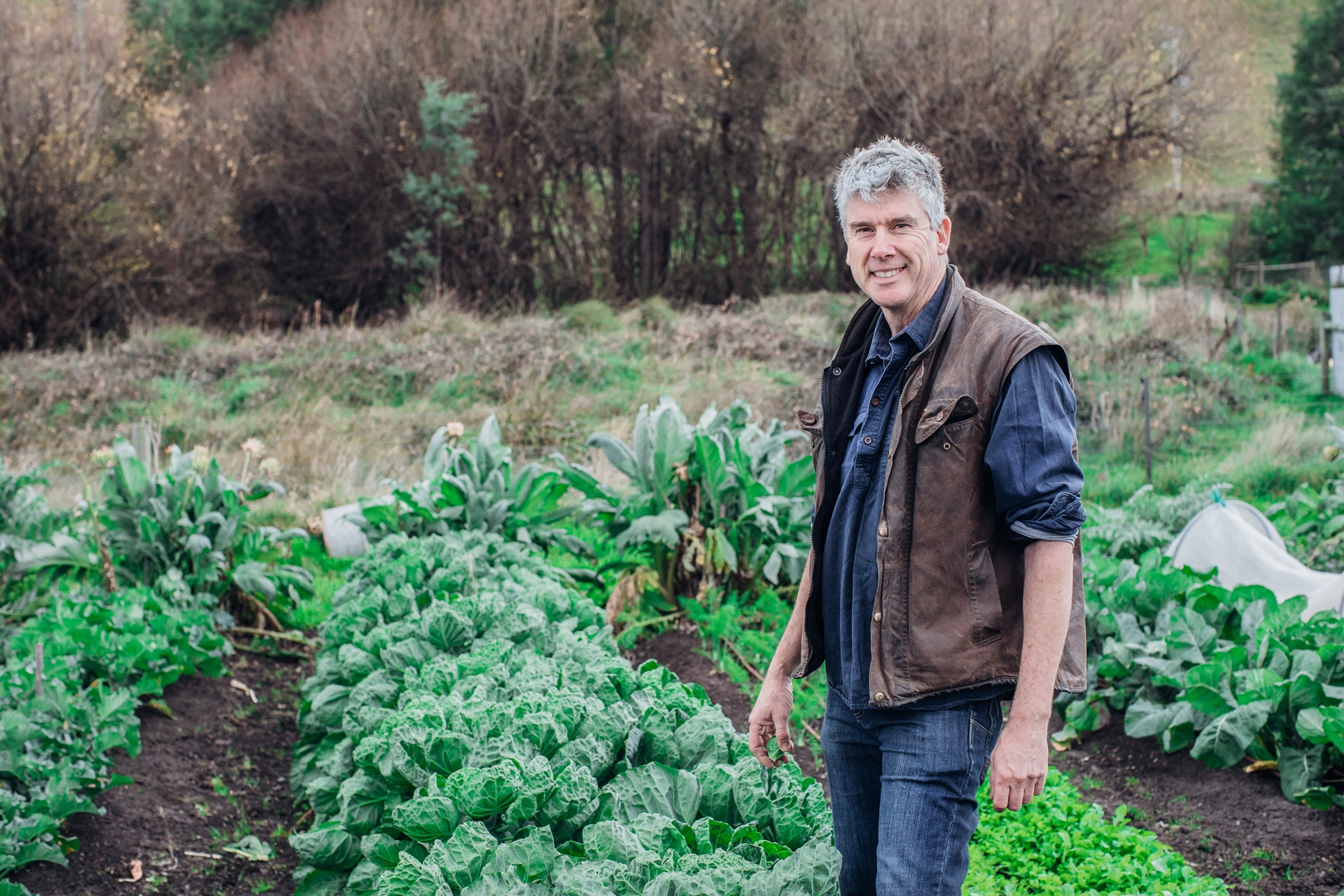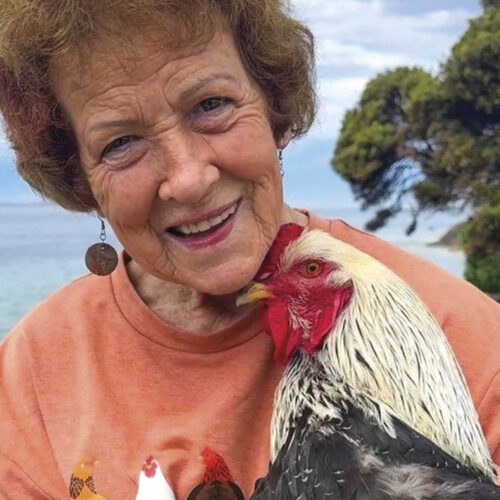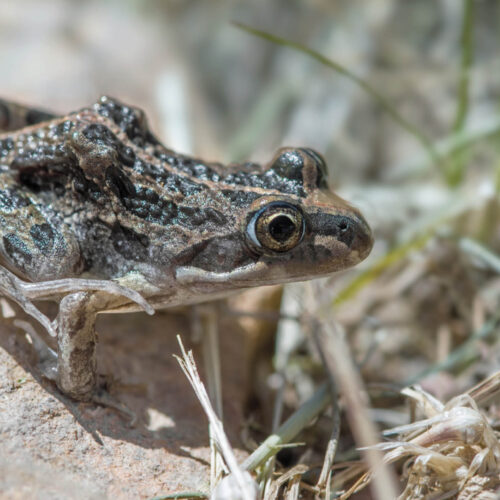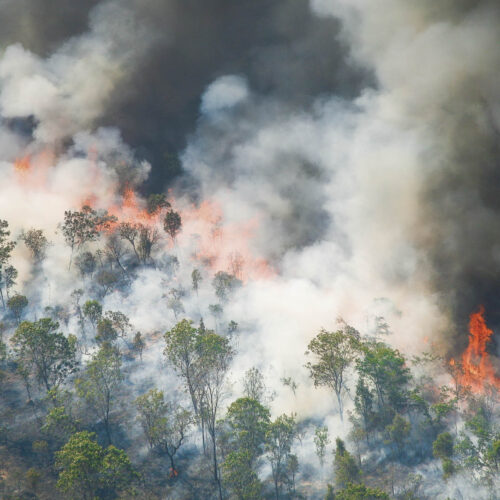Should we eat meat?
2019-08-06T02:25:01+10:00
Matthew Evans, aka the Gourmet Farmer, looks at the ethics and science behind eating animal in his book On Eating Meat.
In On Eating Meat, Matthew Evans investigates the truth about the production of meat, what’s bad about it, the environmental and animal welfare costs, what needs to be improved, and how. But he also questions the thinking behind veganism and the calls to stop eating meat altogether in order to save the planet:
Often studies show the harmful environmental effects of eating meat, particularly beef and other ruminants. Suffice to say statistics on land clearing and methane emissions fall heavily on the side of the ledger that suggests we shouldn’t eat any meat, particularly red meat. I’ve been reading these studies, and the sensationalist headlines that go with them, for years now. And as I walked our land, and felt the grass grow under my feet, I’ve had an unease about my meat eating and meat rearing. After all, using simple biological principles, it can take 5–10 kilograms of food to get 1 kilogram of meat from an animal. The higher up the food chain you go, the lower the yield.
From the land, we either eat vegetables, or eat things that have eaten vegetables or plants. From our oceans, we may eat a fish that’s eaten another fish that’s eaten a prawn that’s eaten some crab that’s eaten some algae. The feed conversion is different for every animal, and generally lower for seafood, because the animals don’t need to burn energy to heat their bodies.
If it takes roughly 5–10 kilograms of one food, fed to an animal, to produce 1 kilogram of meat from that animal, shouldn’t we just be eating that 5 kilograms of food ourselves, sparing the animal, and producing way more food in the process? Or is there something else going on, where simplistic maths leads to the wrong conclusions?
Having read a bunch of these reports, and their rudimentary starting points, I began to wonder if the science is dealing with the true complexity of the issue.
Every farming region isn’t the same. Every piece of soil even within our gully has its own characteristics. Not all the microclimates around us are suited to grapes, or cherries or wheat. If you extrapolate that diversity to all climates, all nations, all communities, is the answer so simple?
The above is an edited extract from On Eating Meat by Matthew Evans, Murdoch Books.






